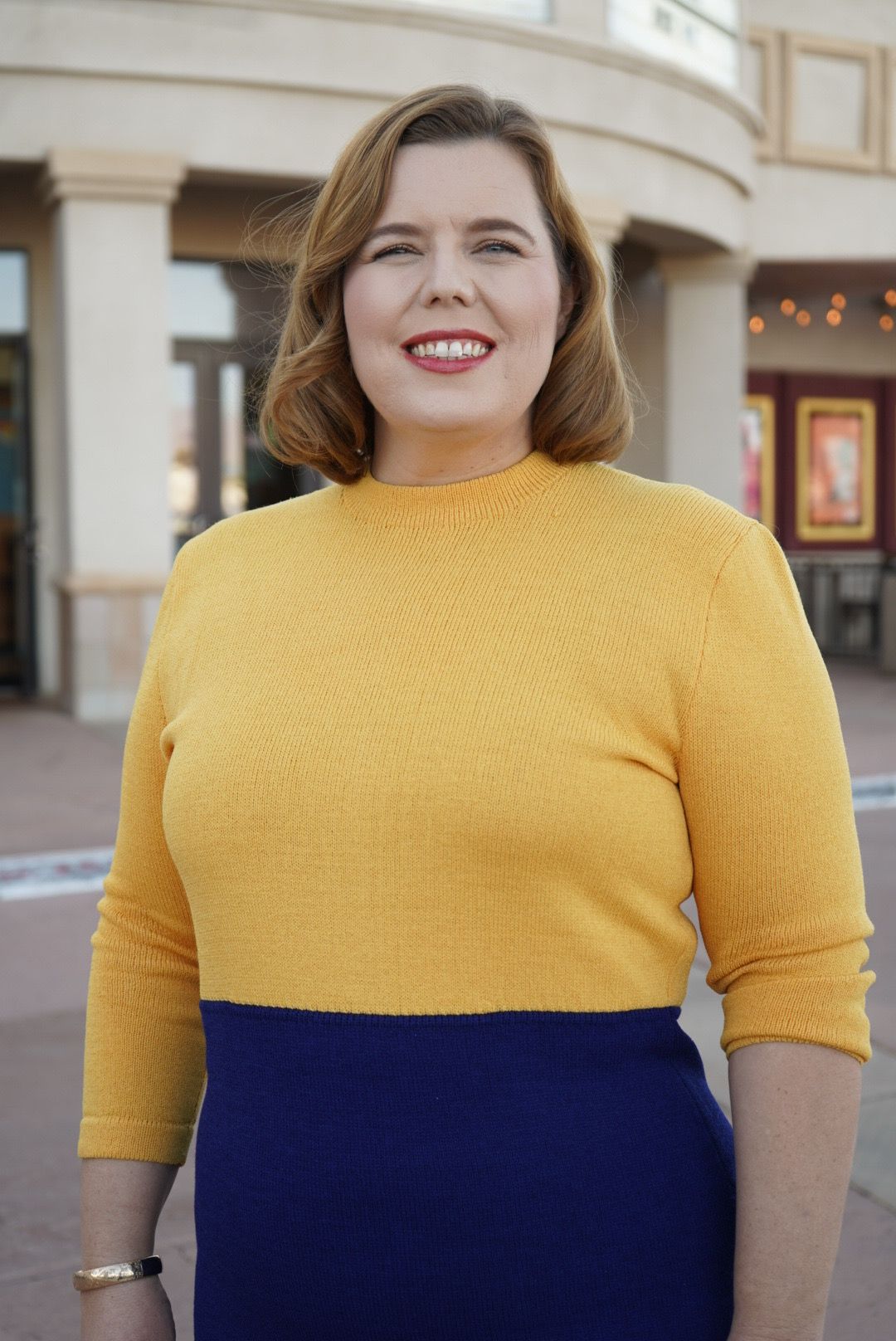We recently connected with Lauren Wolfer and have shared our conversation below.
Lauren, thanks for joining us, excited to have you contributing your stories and insights. Can you talk to us about a project that’s meant a lot to you?
One of the most meaningful projects I’ve worked on was launching the first-ever Coachella Valley Filipino Festival while I was Program Director at the Palm Springs Cultural Center. My partner is Filipino, and I’ve always had a deep appreciation for the culture- I grew up with many Filipino friends and have a real love for the community. There was some skepticism during planning about whether there’d be enough interest, but the response was overwhelming! Thousands of people showed up, our vendors sold out, and the energy was incredible. For many folks, it was the first time they saw their culture represented so publicly and proudly in the Coachella Valley. It was a powerful reminder of how much it means to create space for cultural celebration and visibility, especially in places where it’s long been missing.


Lauren, love having you share your insights with us. Before we ask you more questions, maybe you can take a moment to introduce yourself to our readers who might have missed our earlier conversations?
I’m based in Palm Springs, CA, and by day I work as the Outreach and Advocacy Director at COOK Alliance, a nonprofit dedicated to legalizing and supporting Microenterprise Home Kitchen Operations (MEHKOs)—home-based food businesses—in communities across California and beyond. At the heart of my work is a belief that everyone deserves access- whether that’s to good food, meaningful culture, or the systems that shape daily life.
I grew up in the Coachella Valley and spent years working in restaurants, often feeling like I was on the outside looking in at a city that, even though it was essentially my hometown, felt built for other people. That feeling—along with my love of all things food—fueled my work in food justice. I went on to manage the Certified Farmers Markets of the Coachella Valley, which are operated by the nonprofit Palm Springs Cultural Center, and later moved into other programming work with the organization. That eventually led to a role as Program Director, where I expanded into film and arts programming and deepened my work on community-centered cultural events, like the Coachella Valley Filipino Festival.
Through my work at PSCC—a nonprofit that also operates the Historic Camelot Theatre, one of the best independent cinemas in California—I launched a number of revival film series celebrating everything from Fellini and Tarantino to classic screwball comedies from the 1930s and ’40s. It was such a joy to bring people together around film, and I’m proud to see that programming continuing to thrive. While I’ve since shifted into full-time food justice work with COOK Alliance, I continue to collaborate with PSCC as a community producer- most recently organizing the Palm Springs 70MM Fest and hosting a free holiday screening of The Muppet Christmas Carol for families.
I also served as a Fellow in a Palm Springs City Council office, which gave me firsthand insight into how local policy takes shape and how vital it is to center equity in that process. That same commitment to visibility and inclusion led me to help organize the Drag4Drag Rally- a joyful, public show of support for queer communities in response to growing anti-drag legislation. Whether through government or grassroots action, I’m drawn to work that brings people together and builds power from the ground up.
Today, I serve on a city commission and stay active in civic spaces as a resident—supporting community-driven efforts like a proposed Filipino American mural at Demuth Park. I don’t think of myself as a “brand”—I just care about this place, and about creating more ways for people to feel nourished, included, and inspired.
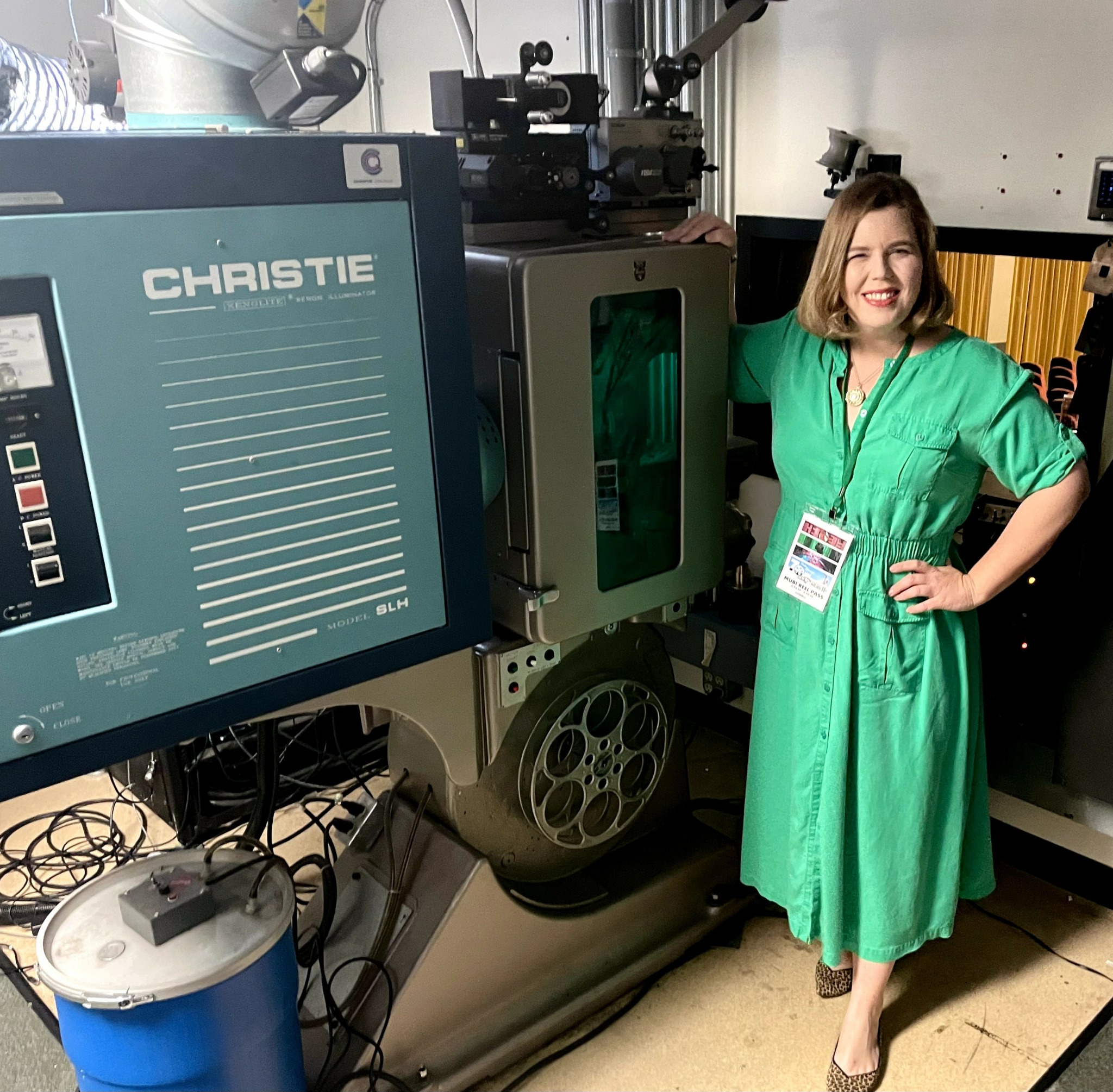

We often hear about learning lessons – but just as important is unlearning lessons. Have you ever had to unlearn a lesson?
One of the biggest lessons I had to unlearn was the idea that success meant choosing one clear path and sticking to it. For a long time, I felt pressure to specialize or fit into a more traditional mold- and that pressure kept me from moving forward at all. But I’ve always had multiple passions—food justice, film, policy, community-building—and I’ve come to realize that embracing that range isn’t a weakness; it’s actually where my strength lies.
The real shift was learning to see these different threads as interconnected rather than competing. The skills I gain in one project often open the door to the next, or help me approach a new challenge with more creativity and perspective. That mindset has allowed me to build a career that’s more values-driven than title-driven, and to make choices based on alignment rather than expectation.
I still have to work at balancing everything, but I’ve let go of the idea that there’s only one “right” way to build a meaningful life- and that’s been freeing.
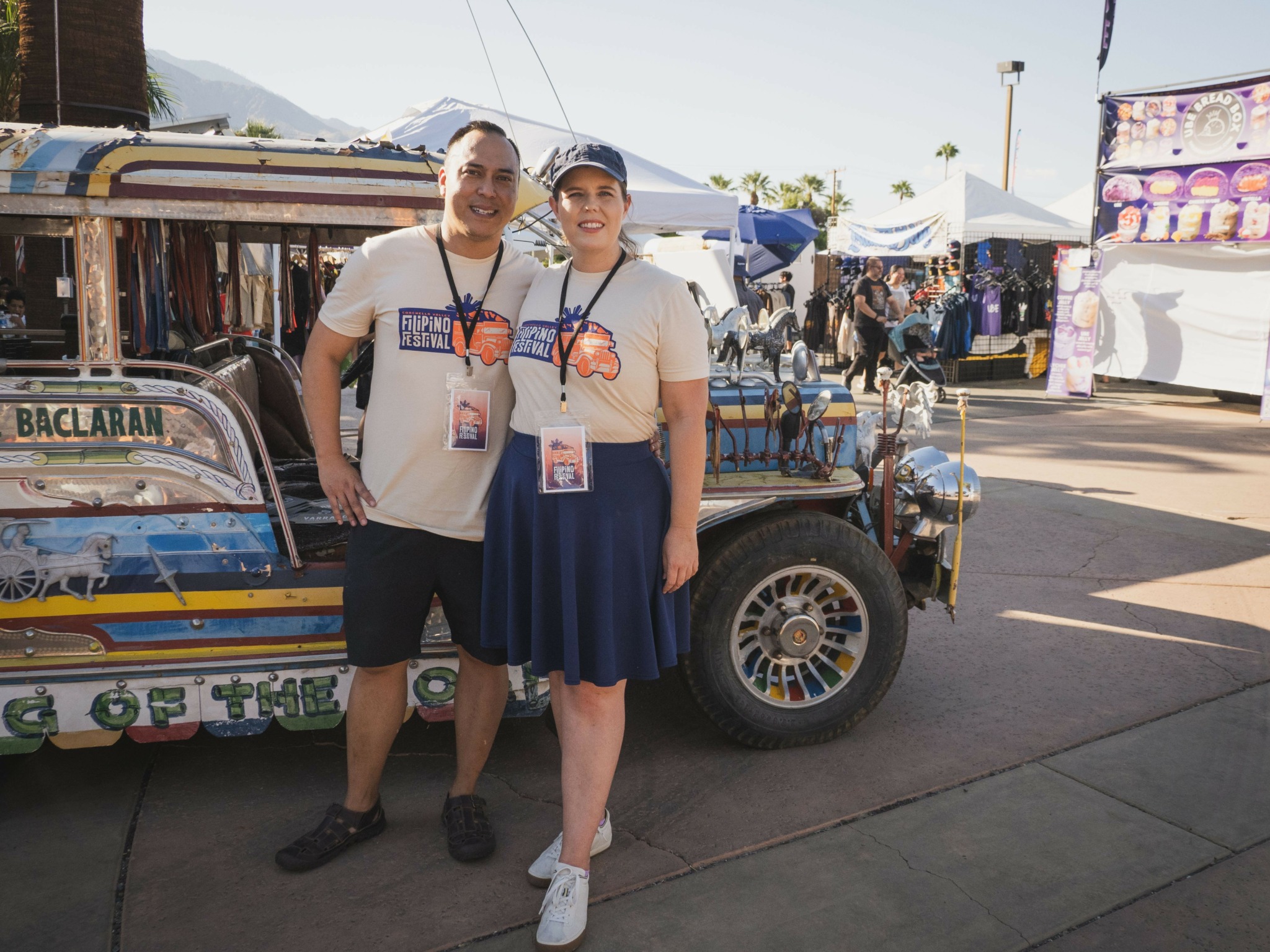
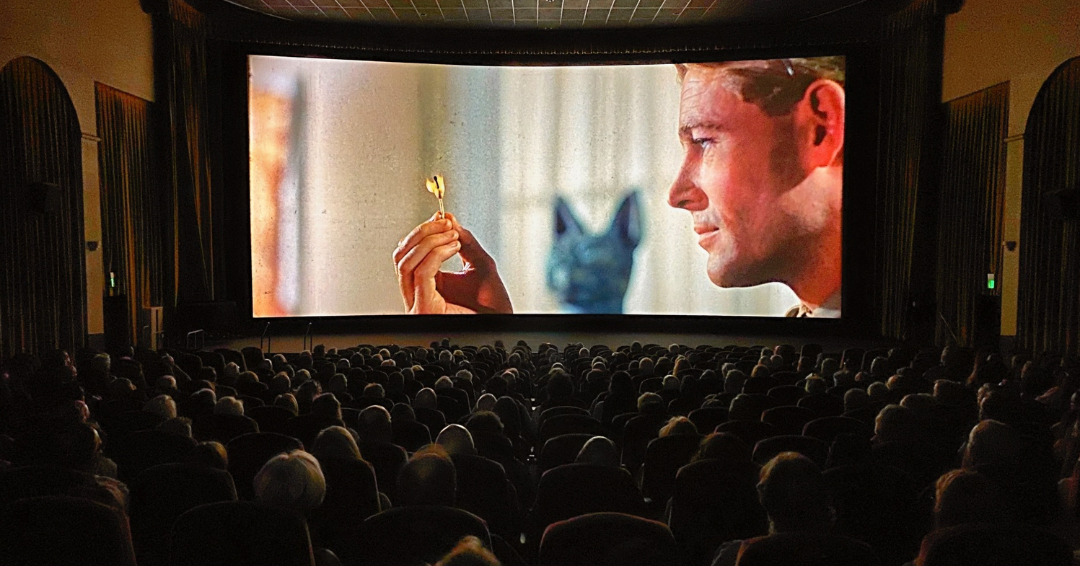
How can we best help foster a strong, supportive environment for artists and creatives?
To build a truly thriving creative ecosystem, we need to treat artists and creatives as essential- not as an afterthought, but as people whose work is foundational to what it feels like to live in a place. That starts with government and institutions meeting people where they are.
Systems like grantmaking, permitting, and regulation exist for important reasons- to ensure safety, accountability, and responsible use of resources. But we have to constantly and honestly evaluate whether these processes are functioning as intended- or whether they’ve become so complex and inaccessible that they end up excluding the very people they’re meant to support.
People shouldn’t have to spend their lives working in service of someone else’s dream just to survive. We need to support creatives and entrepreneurs with the same urgency we apply to traditional industries. Everyone deserves a real, accessible pathway to build something of their own- to shape their own future. And that’s only possible if we’re willing to reimagine the systems that decide who gets to create, and who gets left out.
That’s also why we need public investment in affordable housing, healthcare, universal basic income, and flexible, accessible funding for artists and small business owners. It’s equally important to support and expand the spaces where creativity thrives—local venues, cultural centers, community festivals, public art projects, etc. In turn, these spaces should be proactive about being inclusive and reflective of the communities they’re part of.
And beyond all of that- it’s vital that we live our lives in community. Show up for each other. Go to your friend’s comedy show. Discover local businesses at the farmers market. See a movie in a theater. Support the things your neighbors are building. And don’t hold back on your own creative pursuits or box yourself into someone else’s narrative. That’s how we keep the ecosystem alive- from both the inside and out.
Contact Info:
- Instagram: @laurenmwolfer
- Facebook: https://www.facebook.com/lauren.m.wolfer
- Linkedin: https://www.linkedin.com/in/laurenmwolfer/
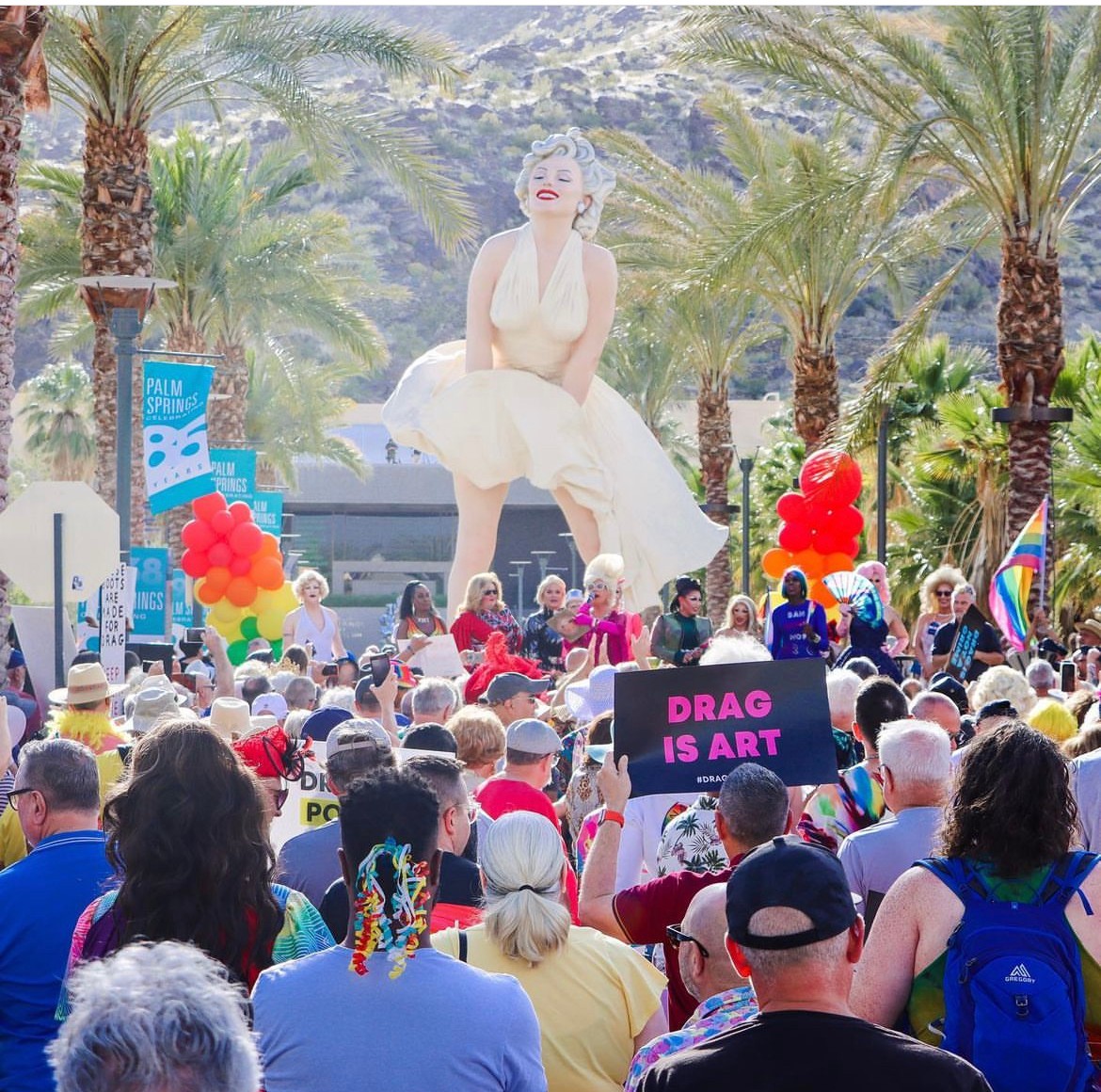
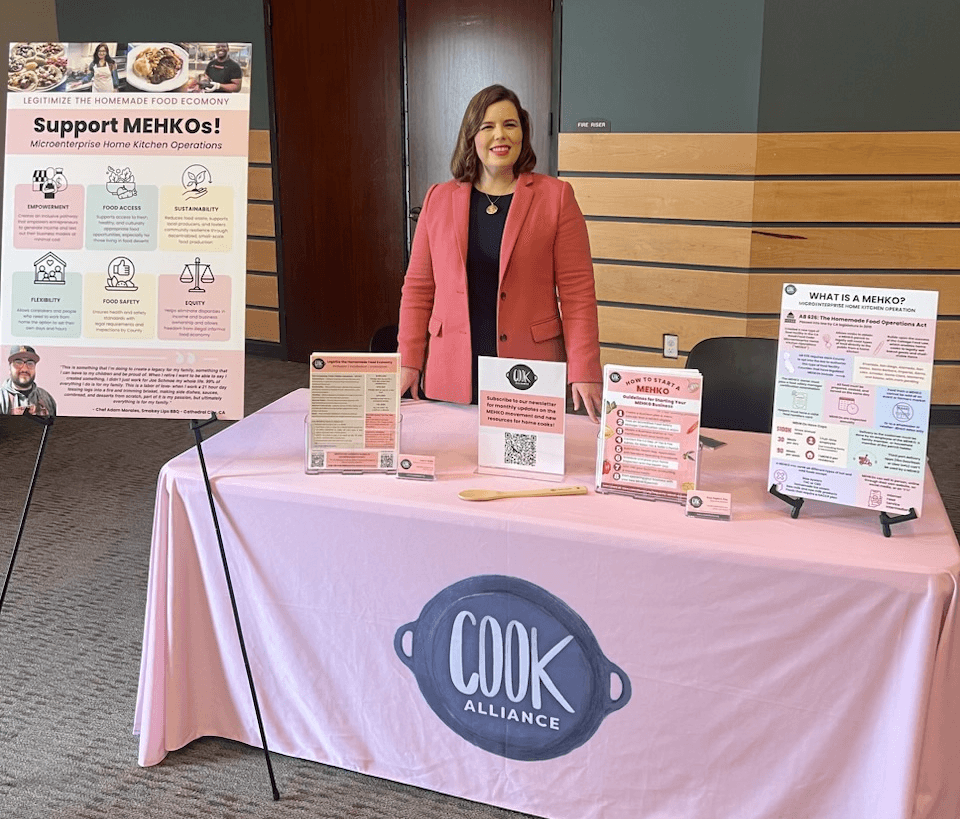
Image Credits
Main photo and photo of me on stage – Samuel Parker Smith
Commission meeting photo – Mark Talkington
CV Filipino Fest photo – Tony Rago
Lawrence of Arabia photo – Marina Sakimoto


